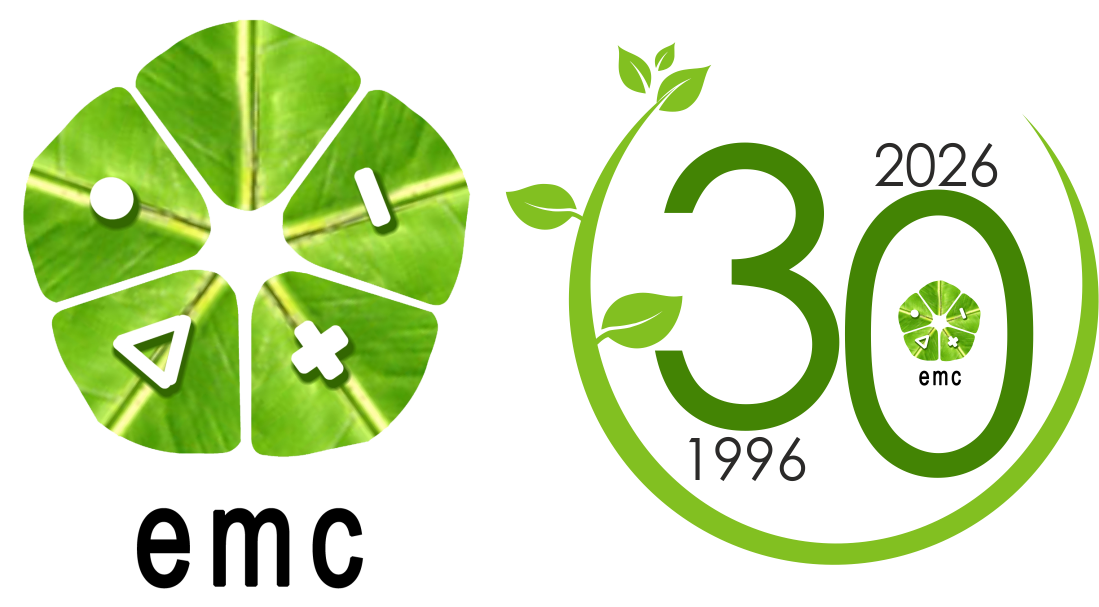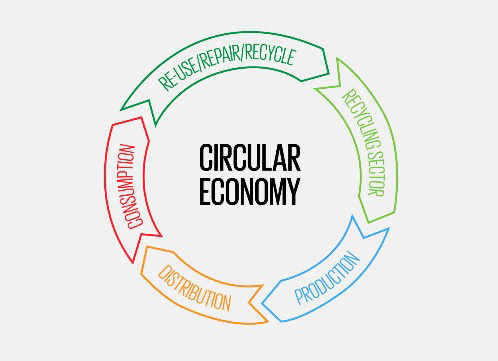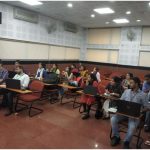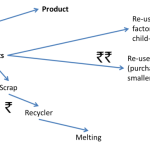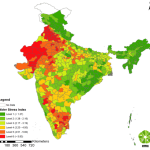Lifelong learning can be defined as a combination of all the knowledge, skills and values learnt throughout one’s life in all settings (life-wide) and this can be achieved through the various formal, informal, and non-formal modes of learning. Ekonnect Knowledge Foundation has been conducting various capacity-building programs and events on environmental management and sustainability for the past 10 years. Lifelong learning has been the principal motive. These events have therefore covered a wide range of topics and are designed for stakeholders like youth, professionals as well as policymakers. The topics covered include (but are not limited to) Air Quality Management, Waste Management, Sustainable Packaging, Communication and Behavior change, Eco-Entrepreneurship, and Circular Economy. These events have been designed to expose the stakeholders to both principal and practical experience for tackling challenges in their respective organizations and take steps towards Sustainability.
COVID-19 pandemic has surely changed the way businesses and organizations operate. Similarly, Ekonnect also made the most of this opportunity and shifted to online mode for conducting capacity-building workshops and training programs. We realized how ‘sustainable’ it truly is to conduct virtual events. For Example, Ekonnect planned on conducting a Summer school on Circular Economy in May 2020 in partnership with the Indian Institute of Technology-Bombay. Due to rising COVID-19 cases and nationwide lockdown, we decided to conduct the event virtually and renamed it as International e-school on Circular Economy. As the event was shifted onto a virtual platform, 50+ participants joined us from 11 countries. Most importantly, we were able to avoid almost 6000 tonnes of Carbon Dioxide emissions by shifting from a physical to a virtual model. Hence, one can not only access courses/workshops from across the globe by sitting at home, but it also reduces energy consumption, fuel consumption, associated emissions, and most importantly, saves time. Ekonnect has trained more than 720+ participants and connected with 2800+ people in less than a year through these virtual training programs.
One such event that we recently organized was a hackathon called The Circular Economy Challenge 2020 (CEC2020), in partnership with European Union’s Resource Efficiency Initiative. Ideas were invited to address challenges focusing on three main areas:
- Avoiding Single-Use Plastic and Managing Safe Disposal in the wake of COVID-19
- Extending Product Life – Innovative Repair and Refurbishing Services, Smart Waste Sorting and Cleaning Systems
- Business Models on Extended Producer Responsibility.
(The term Hackathon was originally coined using two words- ‘Hack’ and ‘Marathon’ where programmers created a project or solution in stipulated time to solve a problem. Organizations and Universities now conduct such competitions for inspiring various technology-based solutions)
More than 50 applications were received to the call. These applications were screened through an evaluation process. The shortlisted participants were offered mentorship sessions to further refine their ideas, identify benefits as well as risks and prepare a business plan for pitching to an investor. During these sessions, participants interacted with various entrepreneurs, who shared insights and guidance from their own experience. These interactions stimulated the participants towards eco-inclusive businesses. I could see a major difference in the concept plan that was submitted during application and the business plans that emerged after the mentorship sessions.
Some ideas which stood out were:
- Sustainable food packaging solution made from agricultural residue
- Recycling post-industrial waste to make ceramic products
- Bioplastics
- Aggregation services for Extended Producer Responsibility
The winners of this competition were offered prize money to help them in firming up the business plans and scale up their business.
I believe that attending hackathons and competitions like these offer various tangible and intangible benefits. The competition helps participants to appreciate the ideas of the fellow innovators and draw inspiration to strengthen their respective business plans. When different people work on solving the same problem, they get an opportunity to view the proposed solutions from various lenses. They often discover then a hidden advantage or disadvantage by analyzing (or rather, critiquing) innovations of other participants. The competitions also provide great opportunities for collaboration. Entrepreneurs can often identify mentors in such places who could further guide in taking the innovation forward.
To leverage on the collaboration advantage, there is a need to extend the engagement post-event/competition by exposing the participants to the larger ecosystem of stakeholders such as angel investors, corporates, NGOs, and government bodies that offer grants. If done effectively, many innovations will be peered and supported to start their eco-entrepreneurship journey.
I also strongly feel that we surely need to leverage education to find a collaborative middle-ground for supporting eco-innovations that meet society’s needs with a foundation of sustainability. Another lesson I learned was that we live in a vastly interconnected world where no problem can be looked at in a silo and no problem can be solved unless we strike effective partnerships. A combined effort of all stakeholders is needed for nurturing innovations to create a sustainable impact.
Write to us at emcblogs@emcentre.com if you are interested to know more about this project. Let us know if can be of any help to you.
